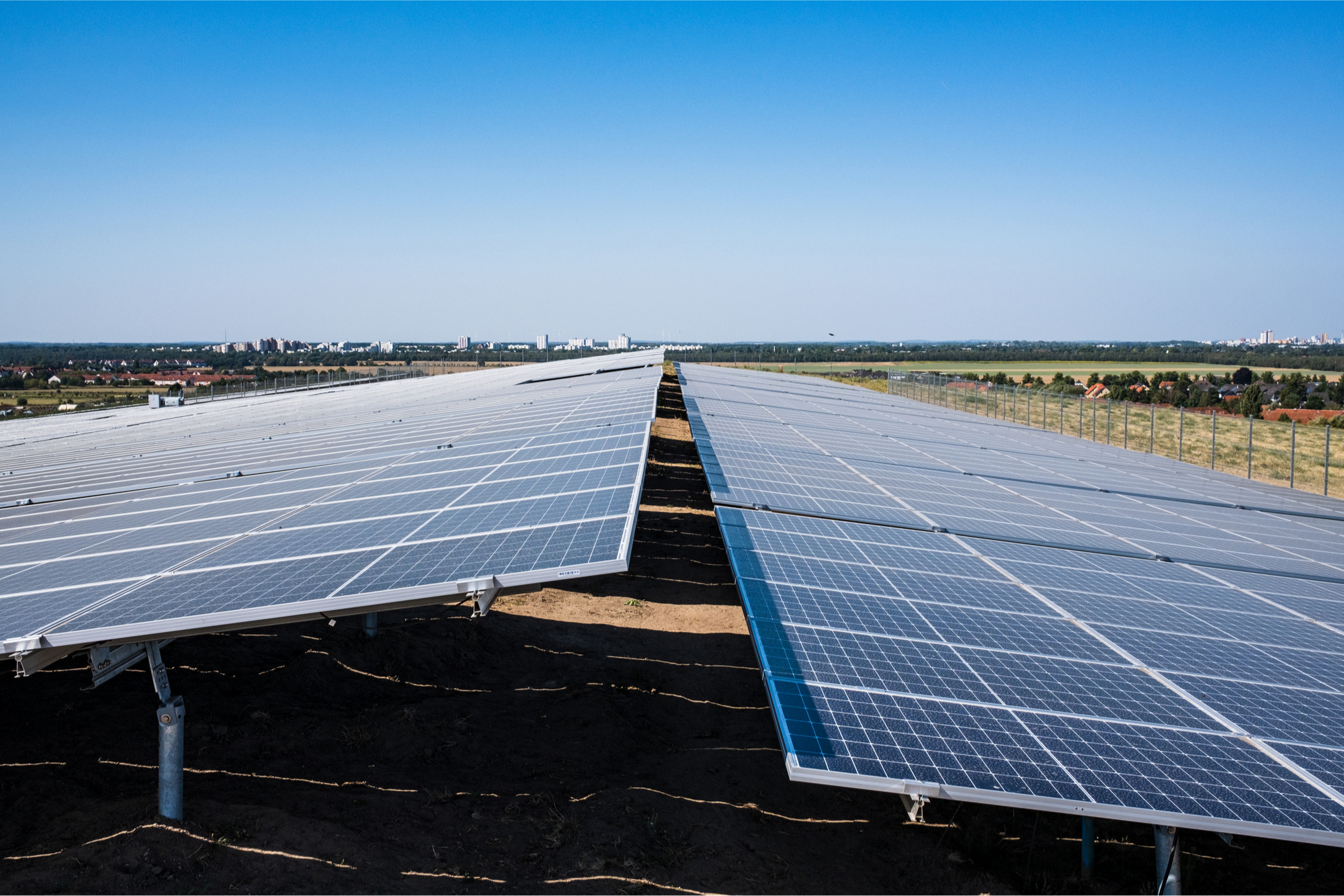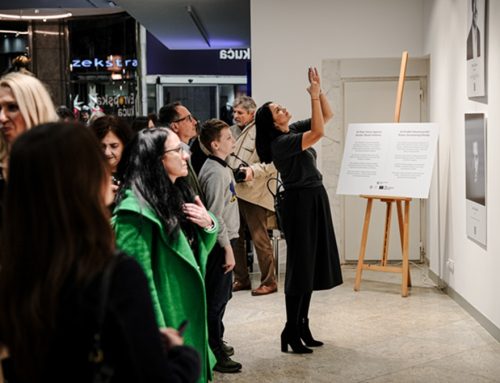The regional approach to energy supply and the process of transition to green energy sources is especially important at the time of the current energy crisis in Europe and globally.
Serbia has 30 percent more hours of sunshine than central Europe, and almost a third of the territory is suitable for installing solar power plants. The Ministry of Mining and Energy has made a decision to subsidize the installation of solar panels in households, and the country’s entire energy system is in the phase of adaptation to the future greater share of production from renewable sources.
The Western Balkan countries are going through an energy transition at the same time, so a common approach enables easier financing of green energy and transition from coal, said the Deputy Director of the Energy Community Secretariat Dirk Buschle for the Balkan Green Energy News.
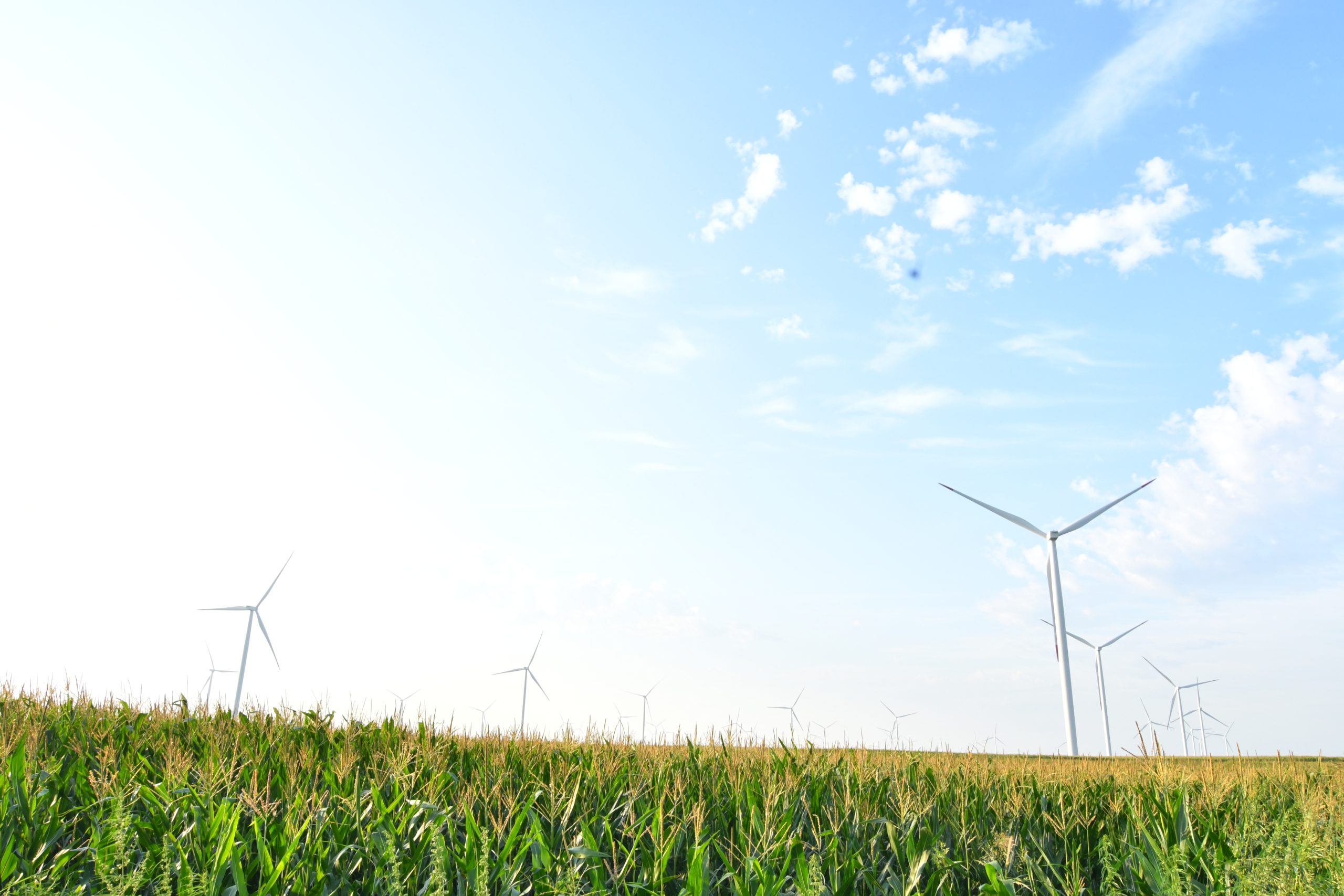
“I am convinced that the hands of the energy transition clock of the contracting parties cannot and will not go backwards. The Energy Community will not become some kind of European carbon reserve. Its contracting parties are smart and innovative enough to adapt, instead of someone dragging them towards reducing net emissions to zero,” Buschle emphasized. He added that the impact on workers in the coal sector and residents of regions where the economy is dependent on that fossil fuel is one of the key elements of the transformation, but he also admitted that the existing financial mechanisms are not enough to soften the blow.
Financing of transition and integration projects can be provided through donors and favourable loans from international financial institutions. The European Union in Serbia finances key regional energy connection projects through grants. The most significant ongoing projects in this area are the construction of the Serbia-Bulgaria Gas Interconnector and the Trans-Balkan Electricity Corridor. The total amount of EU grants for these two projects is more than EUR 70 million. For 2022, the EU is preparing grant support for the entire Serbian energy sector in the amount of EUR 100 million.
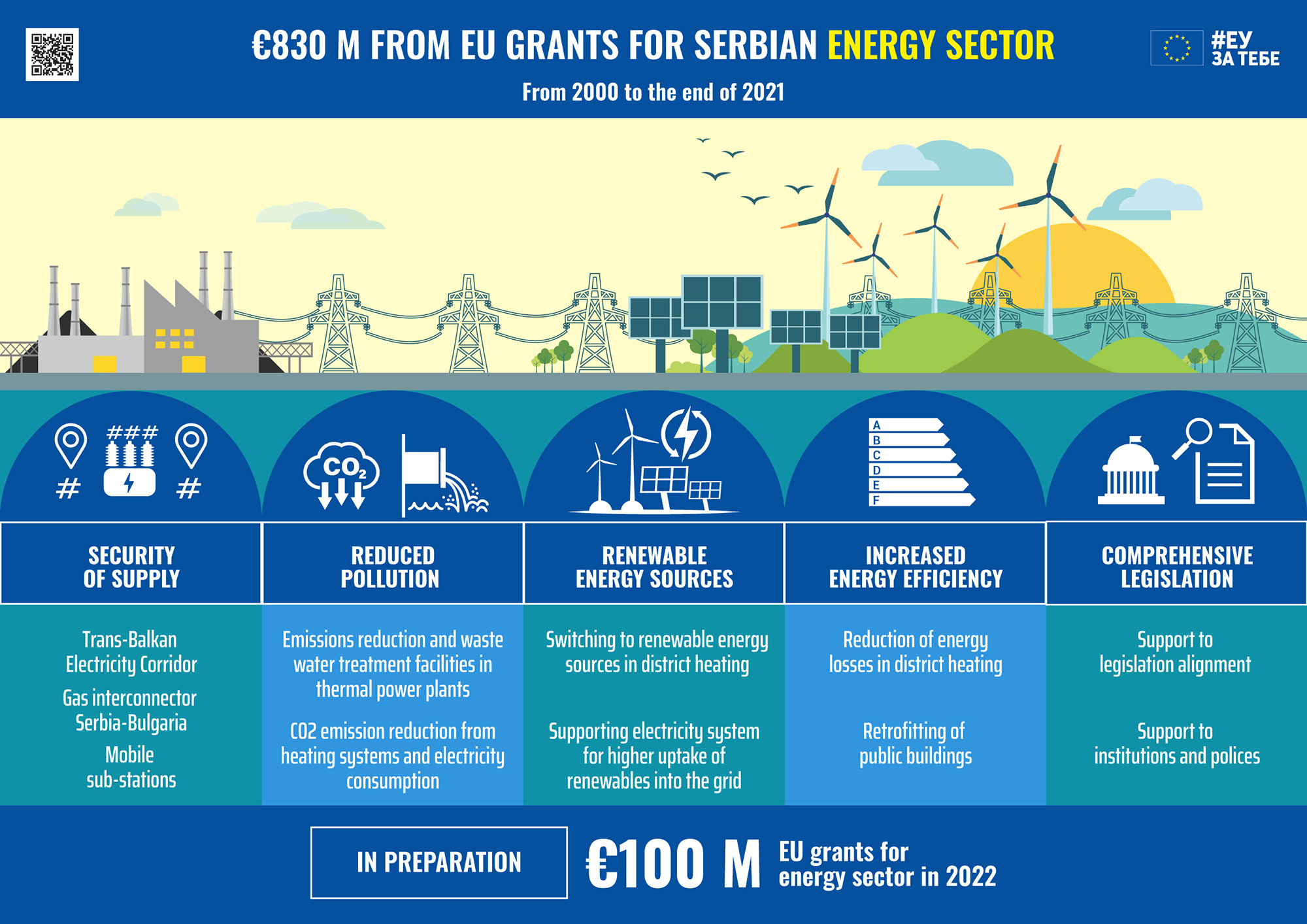
“The contracting parties will have to decide how to spend their own public resources. This includes the review of fossil fuel subsidies, in a more general sense, opting for investments that can withstand the challenge of time, so that they do not fail because they are not sustainable in the green scenario”, Buschle warned. The transition cannot take the right course without stable and transparent management of the markets, he further underlined.
This high-level official of the Energy Community stated that the improvement of the form of the market should be focused on support mechanisms whose costs are lower that those in feed-in tariffs. Operators of renewable energy production facilities must “assume a balanced responsibility with predictable costs”, which requires the formation of liquid and undisturbed electricity markets for short-term delivery, he said.
“Last year, Serbia adopted one of the best laws on energy from renewable sources in Europe, and it should follow the others in tenders for new capacities. Others will join as well. The region is starting to exploit the full potential of wind and solar, and it will probably even become more successful in this than the more saturated markets in Europe, if the contracting parties maintain their course”, stressed Buschle.
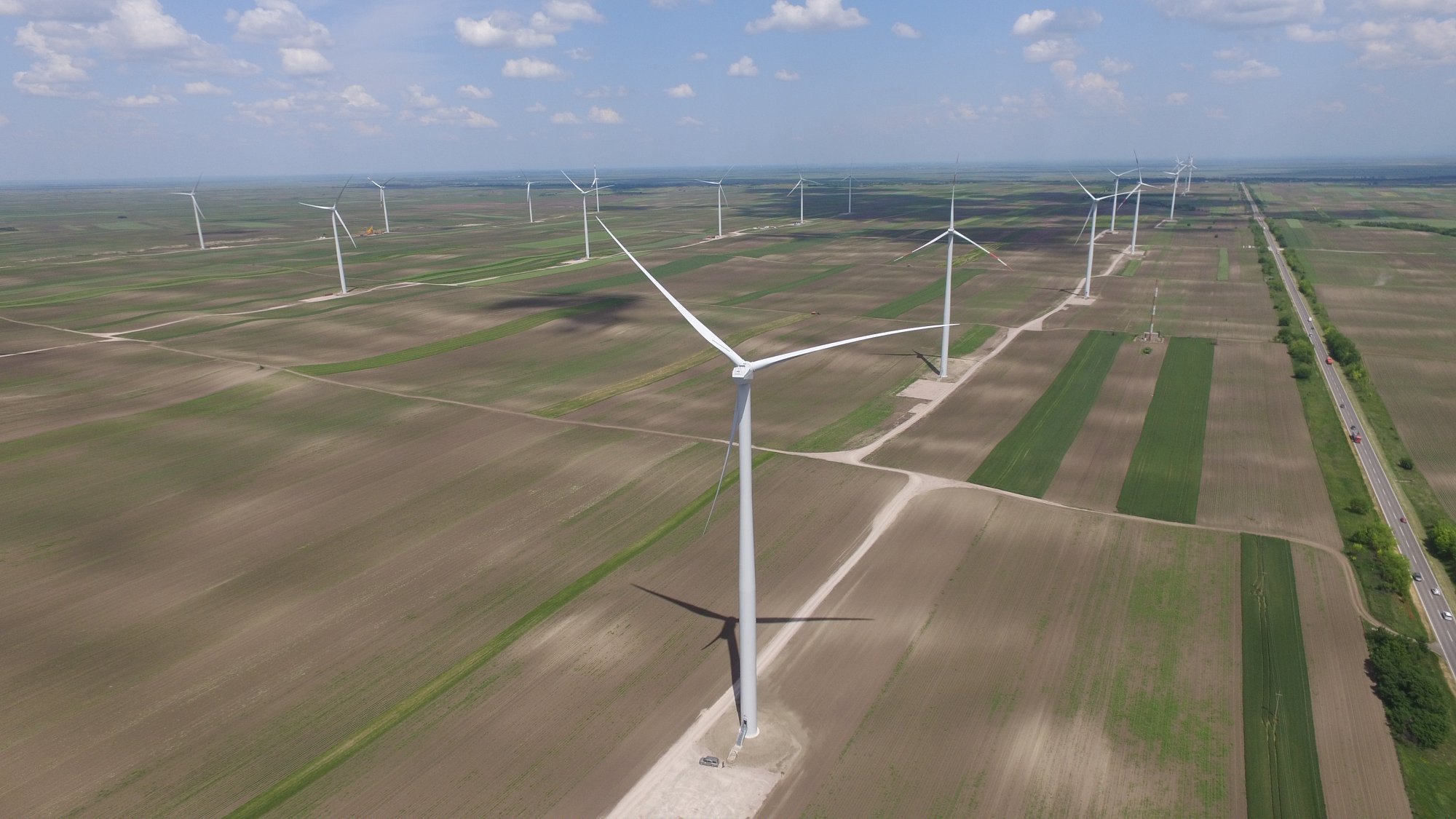
Dirk Buschle admitted that the debate is currently probably overshadowed by the impact of energy price spikes across Europe. He assessed that the situation in the region was worsened by accidents in outdated coal-fired power plants.
The crisis reveals shortcomings and refutes some established myths in the philosophy of the energy sector in the region, claims Buschle. “Among other things, it is the belief that the supply cycle from domestic production to domestic consumption at low prices due to cross-subsidization can work in the long run. We cannot defy economic fundamentals, and according to them, real costs must be covered, and this must include investments in technology and systems that can stand the test of time. The crisis sheds light on the lack of investment by public companies in the power sector during the last decades, which is not the sole responsibility of the management, but also the authorities that refrain from market reform and price creation”, he underlined.
Promoting reliance on domestic natural resources and reducing dependence on imports are natural reflexes in such circumstances, explained Buschle. But when it leads to a return to market monopolization, national autarchy and reliance on coal and lignite, reactions of this kind cause unsustainable pressure on the budget and will not serve as a hedge against the next crisis, he said. “My country, Germany, paid a high price for trying to revive coal after the oil crisis of the 1970s”, Buschle warned.
The support of the European Union to the energy sector in Serbia is worth more than EUR 830 million for the period from 2000 to this day. Energy sector is in the focus of the EU because it has an extremely large effect on all other sectors in a society. Energy sector projects implemented by the EU reduce dependence on fossil fuels, increase the use of renewable energy sources and enhance energy efficiency.
In Serbia, projects from this sector ensure stable energy supply while preserving the environment, encouraging market liberalization and investments.
Watch the video “Solar panel to sustainable agriculture”

